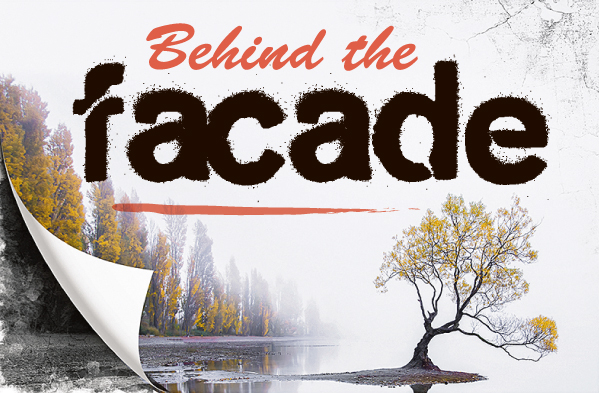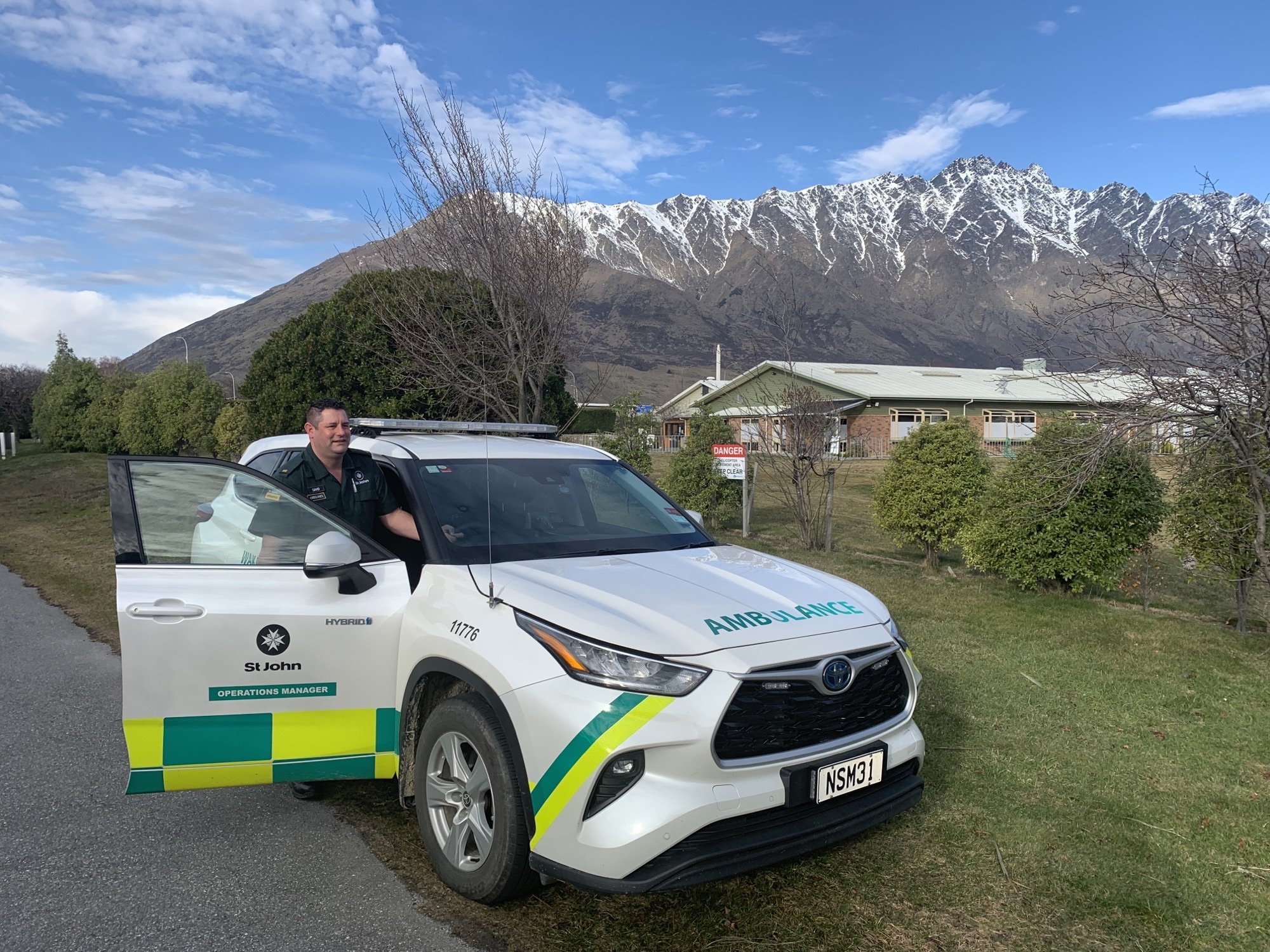Wanaka’s drug scene is causing harm, some say, but hard data is hard to find. Marjorie Cook reports.

Most drug use is not harmful, the NZ Drugs Foundation says in its 2022 State of the Nation report.
‘‘While it’s safest not to use alcohol and other drugs, most people are not harmed much, or at all, by their use . . . For a small group of users, drug use —whether legal or illegal — can cause significant harm. Harms include illness, injury, addiction and even death, with the effects borne by whole communities,’’ the report says.
The likelihood of harm depends on a range of cultural, social and genetic factors. Factors include chemical addiction, trauma and abuse, mental health problems, stress, poverty and housing insecurity.
The 2022 State of the Nation report also reports ‘‘a large proportion of New Zealanders drink alcohol in a way that causes them harm’’.
Those rates have remained steady for about five years.
That conclusion is based on the Ministry of Health NZ Health Survey 2020/21, which reported 25% of adults drink hazardously every year.
The hazardous drinking percentage increased to 40% for those aged 18-24.
Wanaka’s weekly police ‘‘Crimeline’’ consistently contains anecdotal accounts of harm.
For example, on August 23: ‘‘Alcohol has again played its part around town, either by way of drunken disorderly behaviour or drinking and driving. There was an incident at the Night and Day store, where a male became aggressive towards staff and other customers as well as people being trespassed from some local bars for unacceptable behaviour while intoxicated.’’
July 27: ‘‘This week we attended more than enough family harm events. These we cannot give you detail of, for obvious reasons, but each one leaves scars on all involved and especially the children who witness violence or abuse . . . Please, if you are a victim of family harm come to us and let us try and protect all the people at harm.’’
July 20: ‘‘Three separate cannabis incidents were dealt with. Two of those were with occupants in vehicles and minors. Most of understand the perils of boozed driving, but equally dangerous is driving under the influence of drugs. A reminder too, that if you get a drugs conviction, it makes it very hard to travel to other countries because some won’t let you in.’’
But when it comes to sourcing hard data on drug-related harm, there’s not a lot people can say.
St John Otago operations manager David Baillie said he could not supply specific figures because the data is captured and coded as the emergency taking place, for example a cardiac arrest, or motor vehicle accident.
‘‘Therefore, due to how our data is recorded, and the fact that many drug users are also using alcohol at the same time, we are unable to draw any conclusions about drug-related harm . . .
‘‘What we can state is that over the New Year period, we do see a steep increase in incidents involving intoxicated people — whether it is from drugs or alcohol — and this does put extra pressure on our ambulance service at that time.
‘‘This is particularly evident in Wanaka, which is known to be a popular festive destination for the South and therefore sees an increase in visitors, which is likely to contribute to Wanaka’s call outs at that time,’’ Mr Baillie said.
Red Frogs Otago co-ordinator Ray Thomson also sees his fair share of harm but he can only anecdotally report an increase in drug and alcohol intoxication .
‘‘[It] has always been an element . . . however in the past couple of years we have noticed a wider variety of drugs present [at youth gatherings].
‘‘Where we have previously seen symptoms consistent with alcohol, marijuana and some MDMA, we are now encountering a variety of responses, indicating the presence of other drugs, including those cut with other chemicals.
‘‘In some cases, young people had taken a substance that wasn’t what they thought it was . . . in Wanaka where patrons are younger, we see symptoms consistent with more experimental drug use,’’ he said.
Personal injury insurance scheme ACC, could not shed a light on drug-related harm in Wanaka. ACC is a no fault scheme that relies on information supplied by claimants, who fill out nonmandatory, free-text fields on their claim form.
Details are so variable, the data is not definitive. To answer The News query about drug harm accidents in Wanaka during the Christmas-New Year’s Eve period, ACC searched for various key words such as ‘‘MDMA’’, ‘‘ecstasy’’, ‘‘cannabis’’ or ‘‘party pill’’.
Just eight claims popped up. Four occurred between December 28 and January 3. Most were in Dunedin.
The data was likely to be under-representative because of the topic and variety of search terms.
ACC had other data caveats, the main ones being delays in lodging claims and claimants living in different places to where the harm occurred.
With just four drug-related incidents over the period requested, ACC would not release any more details, citing client confidentiality and privacy.
For the same reasons, any fewer than four incidents per search and ACC would not state the number.
To get the information we requested, ACC acting service delivery manager Phil Riley said ACC would have to alter its claims system to specifically ask claimants about drug consumption and record harm .
‘‘We are unlikely to consider this, given the no-fault basis to the scheme. There is no requirement for ACC to collect this information to meet its statutory obligations and therefore no reason to encourage anyone to add this information into their accident description. The use of drugs would not be relevant to an assessment of cover,’’ Mr Riley said.
Similarly, ACC could not provide drug-harm links to sensitive claims, such as sexual assault.
‘‘Sensitive claims may mention alcohol or drugs. However, this information is not particularly relevant because it would have little to no bearing on an assessment of cover,’’ Mr Riley said.





